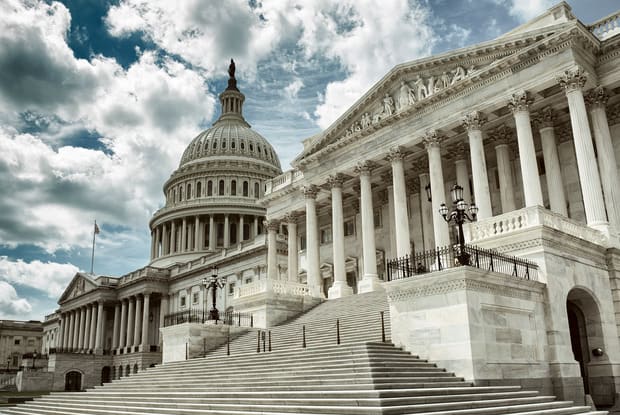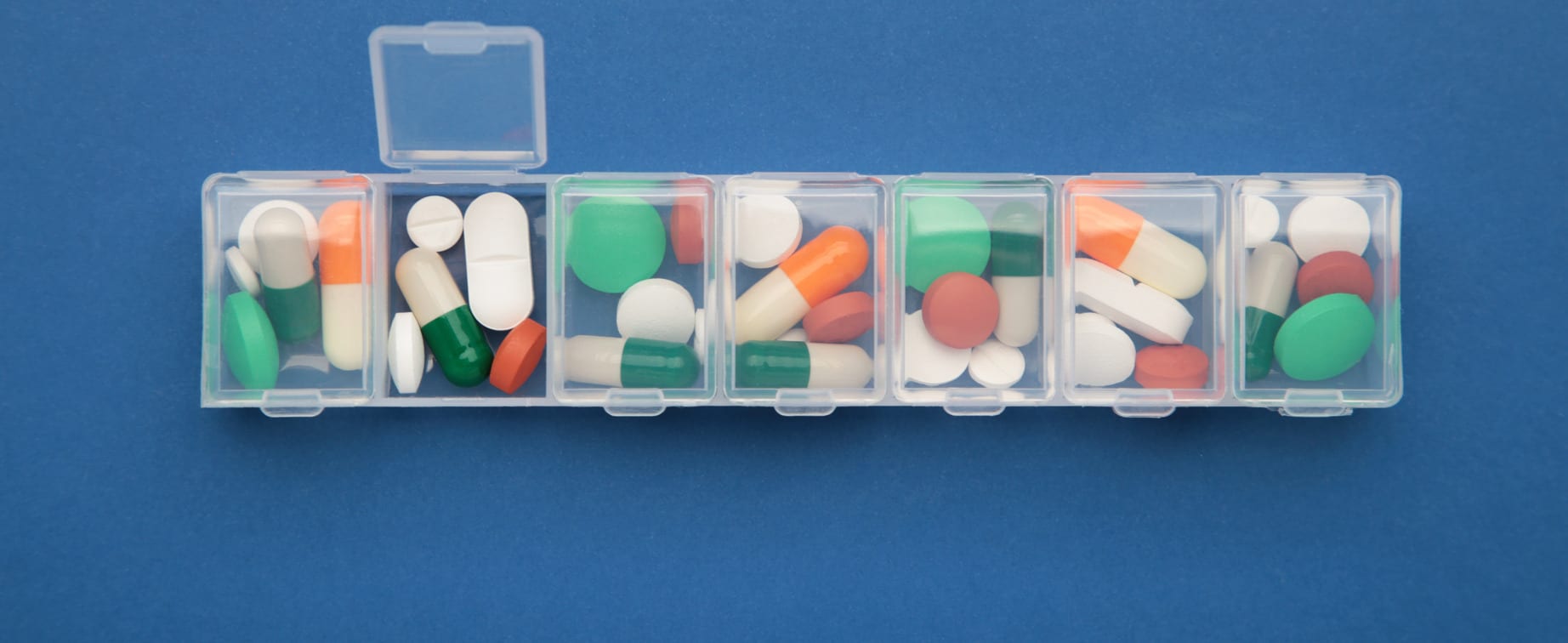Table of Contents
III. State Financial Assistance
IV. Patient Assistance Programs
V. Generic vs. Brand Name Medications
According to data from the Centers for Medicare and Medicaid Services (CMS), Americans spent $333 billion on prescription drugs in 2017, up 40 percent from $236 billion in 2007. [1] Although millions of people are affected by those rising costs, the elderly are particularly susceptible. Fortunately, there are several ways that elderly people can get help covering their prescription drug costs, including turning to an online Canadian pharmacy like MyDrugCenter. Read on to learn more.
Extra Help From Medicare
With Medicare's Extra Help program, qualifying Medicare beneficiaries (recipients) can receive about $4,900 per year in additional prescription drug assistance.
Extra Help covers costs such as:
- Monthly premiums
- Annual deductibles
- Prescription co-payments
According to the Social Security Administration, to qualify for Extra Help:
- You must live in one of the 50 states or the District of Columbia.
- Your resources must be limited to $14,390 for one person or $28,720 for a married couple that lives together.
- Your annual income must be limited to $18,735 for one person or $25,365 for a married couple that lives together (even if your income is higher, you could still qualify). [2]
Medicaid is a federal and state program that was first created in 1965 along with Medicare. As of 2019, Medicaid provides free or low-cost health coverage to approximately 65.3 Americans including seniors. [3] While many different types of people can qualify for Medicaid—from low-income families to pregnant women to people with disabilities— all elderly Americans are eligible. Under federal Medicaid law, pharmacy coverage is an optional benefit. However, all states provide coverage for outpatient prescription drugs to eligible individuals within their state's program. [3] Some states have State Pharmaceutical Assistance Programs (SPAPs) which help recipients pay for drug plan premiums and other drug costs. While not every state offers such programs, it's worth checking if your state does. Elderly people don't have to depend solely on the federal or state government for assistance. That's because some pharmaceutical and medical supply companies offer Patient Assistance Programs (PAPs) to help financially needy patients cover their costs. Even patients with insurance can often receive co-pay assistance from drug manufacturers. Typically, in order to qualify for a PAP you must: However, all PAPs vary and have different requirements. If you want to read more Canadian pharmacy articles, visit MyDrugCenter. One of the most popular ways to reduce prescription drug costs is by purchasing those that are generic rather than the brand name. Although some people worry that generic prescription drugs are different, less effective than or more dangerous than their brand-name counterparts, those concerns are unfounded. Generic and brand-name medications have the same: Best of all, generic medications can be significantly less expensive than brand-name ones. One of the only downsides is that they look different than brand-name medications, which can be confusing for patients who have recently switched to generic. Nobody enjoys doing taxes, but the right tax breaks can help elderly people save money on their prescription drug costs. According to the IRS, if taxpayers itemize deductions using Form 1040, Schedule A, Itemized deductions then they may be able to deduct certain medical expenses, including prescription drug costs. Seniors can also save money by using certain strategies to avoid paying taxes on Social Security benefits. It's important to note that Social Security benefits are only taxable for individuals with an income of more than $25,000 or a married couple with a combined income of more than $32,000. [5] Strategies for avoiding paying taxes on Social Security benefits include: Online pharmacies like MyDrugCenter are valuable cost-reduction tools that many people overlook. Trustworthy online pharmacies offer safe prescription drugs at much lower prices than they can be purchased for in the U.S., customs officials allow online pharmacies to ship up to 90-day supplies of legal medications. Online pharmacies provide cheap medications for the elderly by connecting patients with licensed international pharmacies and approved fulfillment centers in order to find the drugs they need at the best prices. In sum, elderly people can counteract rising prescription costs or unaffordable medications with a little creativity, starting with the seven tactics outlined in this article. can go a long way toward reducing medication costs. DISCLAIMER: The information in the article is not meant to be used for treatment or diagnosis. It is designed for general awareness and for information purposes only. Always consult a medical professional for your specific healthcare needs.
Medicaid
State Financial Assistance
Patient Assistance Programs
Generic vs. Brand-Name Medications

Tax Breaks
Online Pharmacies
